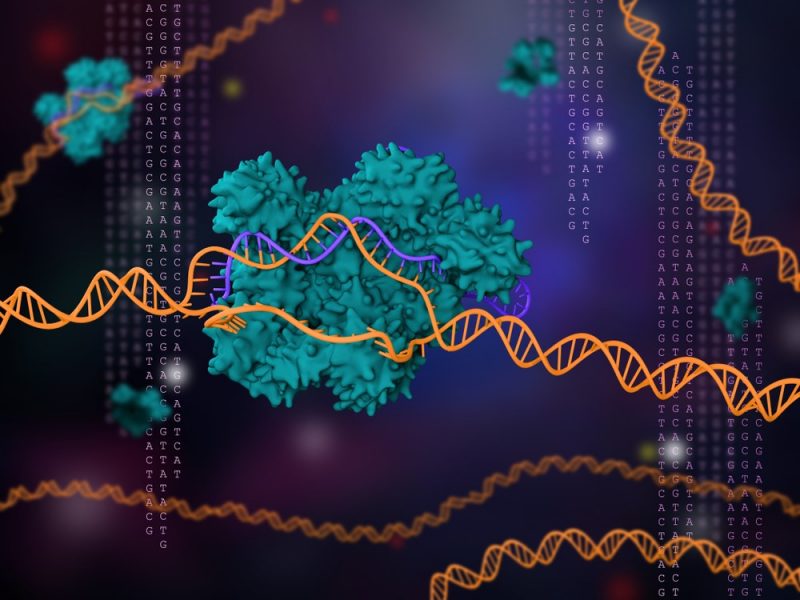
Researchers at the University of California, Berkeley, have identified that the mutation to the CCR5 gene that Chinese scientist Jiankui He controversially introduced to two twin babies last year is associated with a 21% increase in mortality in later life.
He claimed to have introduced the delta 32 mutation to the gene in the twin babies because CCR5 is known to facilitate the entry and infection of cells by common human immunodeficiency virus (HIV) strains; the delta 32 mutation interferes with CCR5’s localisation on the surface of the protein for which CCR5 codes. It is believed one twin had one copy of the gene edited, and the other had both copies edited.

Discover B2B Marketing That Performs
Combine business intelligence and editorial excellence to reach engaged professionals across 36 leading media platforms.
However, since CCR5 is a common protein, “it is likely that a mutation that destroys the protein is, on average, not good for you. Otherwise, evolutionary mechanisms would have destroyed that protein a long time ago,” noted UC Berkeley professor of integrative biology Rasmus Nielsen. This was why Nielsen and his colleague postdoctoral fellow Xinzhu “April” Wei decided to investigate, particularly where the mutation was done to both copies of the CCR5 gene.
Wei added: “Because one gene could affect multiple traits, and because, depending on the environment, the effects of a mutation could be quite different, I think there can be many uncertainties and unknown effects in any germline editing.”
Using data from the BioBank database, which includes medical records from 500,000 UK citizens, the Berkeley scientists identified people with two mutated copies of the CCR5 gene and observed that they had a significantly higher death rate between the ages of 41 and 78 than those with none or one copies of a mutated gene.
They also found fewer people than they expected with the two delta 32 mutated genes in the database, leading Nielsen and Wei to concluded they had died at a higher rate than the general population before their medical records were included in the database.

US Tariffs are shifting - will you react or anticipate?
Don’t let policy changes catch you off guard. Stay proactive with real-time data and expert analysis.
By GlobalDataNielsen said: “Both the proportions before enrollment and the survivorship after enrollment tell the same story, which is that you have lower survivability or higher mortality if you have two copies of the mutation. There is simply a deficiency of individuals with two copies.”
The Berkeley study builds on previous studies showing that people with two copies of mutated CCR5 genes had a four times higher death risk after influenza infection.
As a result of their findings, Nielsen stated: “Beyond the many ethical issues involved with the CRISPR babies, the fact is that, right now, with current knowledge, it is still very dangerous to try to introduce mutations without knowing the full effect of what those mutations do.
“In this case, it is probably not a mutation that most people would want to have. You are actually, on average, worse off having it.”




